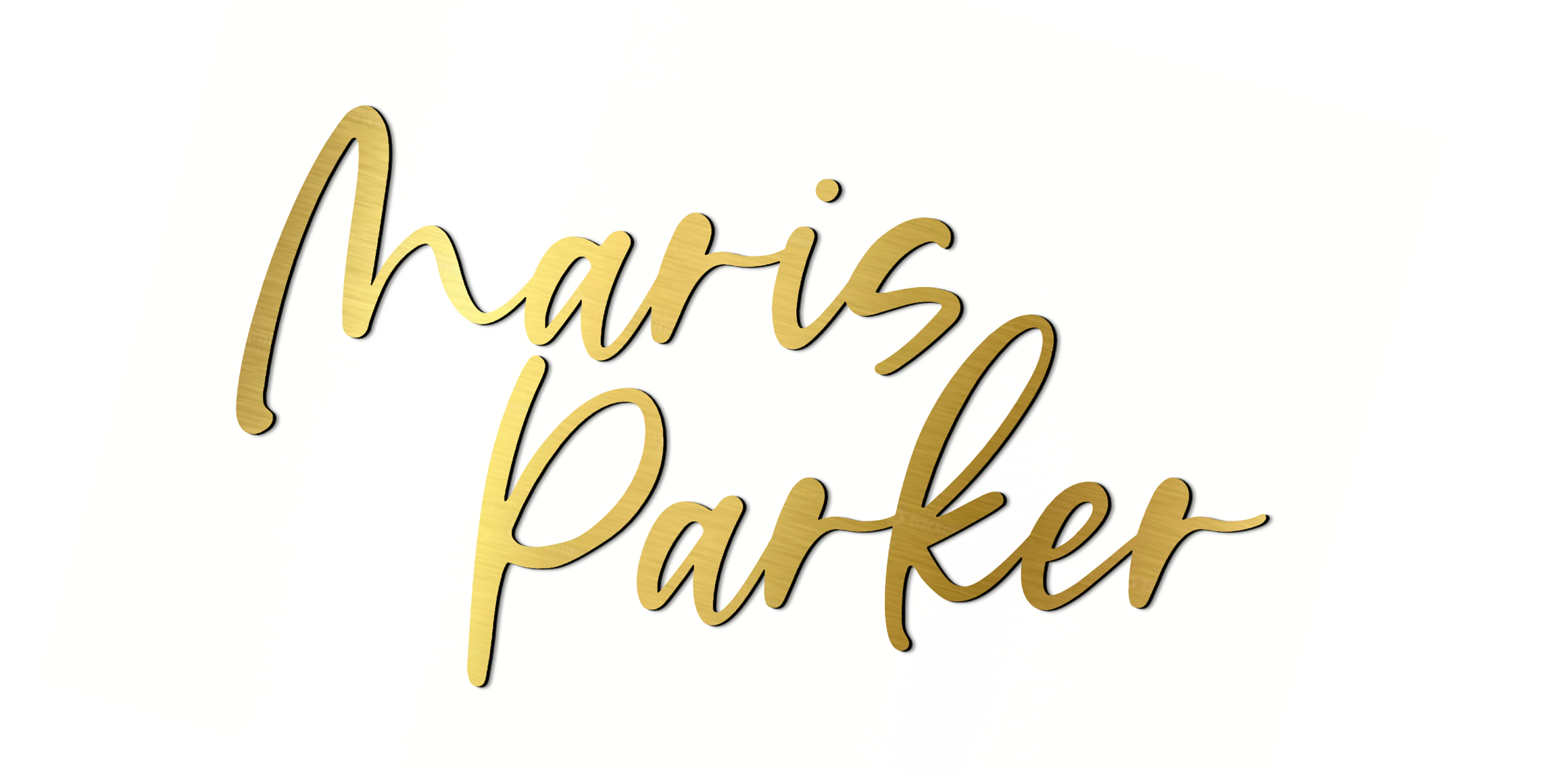
I haven’t experienced writer’s block for a long time. When the actual block has shown up, it’s been kind of a paralyzing, blank feeling. I’d just stare at a blank Word document and no words, not one idea, would come to mind.
1. How do you recognize when you’re experiencing art block versus simply needing a break?
I don’t really experience writer’s block anymore. The closest I come now feels more like exhaustion. There have been times over the last few months when I’ve known what I want to write and even had a plan but regardless of that, and no matter how hard I tried, the writing only seemed to trickle out. On a good day, I can easily write 2,000 words or more, but on those low-energy days, I’ll be fortunate to get 500 words. That’s how I know I need a break rather than inspiration, or that it’s a block. And sometimes it’s not a matter of just taking quick time out to stretch or grab lunch or a cup of coffee. There are times when I’ve had to set aside a project for up to a week and work on something else while I recharge. Even then, the “something else” is some sort of writing, but shifting gears to a different genre and story line works. I’ve also learned the energy drain can be avoided if I make sure to get enough sleep and am mindful about what I eat and drink.
2. What are your go-to strategies for overcoming creative blocks?
I can’t remember where I got the idea or even how long ago it was, but at one point I realized that when I was experiencing writer’s block, it was based in fear and my perfectionist tendencies. If it didn’t seem the words would come, it was usually because I was searching for the right words, the perfect words. I’d form and re-form sentences in my head before I was willing to start typing, and that was such a waste of time. Plus, I’d also been told that the real writing gets done in the editing and polishing phase of any project–but if you don’t write something (anything!) you won’t have anything to edit and polish. After that, whenever I’d recognize I was wasting time looking for the perfect words, I’d just start writing. Even now, if I’m unsure what to write, I’ll just jump in and start. Even if it’s complete drivel, at least there’s something there to work with in the revising and editing stage. You gotta start somewhere, and even sculptors start with a lump of clay that isn’t very appealing. But from that lump, they create something beautiful.
3. Do you have any routines or habits that help you maintain creative momentum?
I meditate in the morning before I do any writing. It helps to get and stay in creative flow to empty my mind of everything going on and just breathe. Also, on and off ever since I started writing full time, I’ve journaled in the morning. Sometimes it’s like an extension of the meditation where I’ll do a mind-dump, writing down everything buzzing around in my head to get it out and off my mind. Other times it’s more like tapping into the creativity, asking a question like what I need to know about a character’s motivation (for example) and then journaling whatever comes to mind. But I’ve also found that, for me, making anything a hard-and-fast “to do” before I get started writing defeats the purpose. It might work differently for other writers, but nothing takes me out of the creative flow quicker than having to do A, B, and C before I’m “allowed” to start writing.
4. How do you stay motivated to write when inspiration feels out of reach?
I don’t know if this is a very healthy answer, but I just push myself through it. I show up every day and write, even if I only get 500 words written. Meditation and journaling helps with motivation, and having more than one project (but not more than 3!) going at a time helps, too, because if I hit a wall with one project, I have something else to focus on. I also continually take classes and webinars. It’s super-motivating for me to learn a new technique or have something like the plotting process (for example) reframed in a different way.
5. What advice would you give to fellow indie authors struggling with art block?
Really examine it and try to discover what’s at the bottom of it, and then address that. Like for me, once I understood the fear and that I was trying to write a perfect manuscript without writing that crappy first draft, I was able to move past it and get to the business of creating something to work with. Other than that, incorporate whatever “fills your well.” If meditating or journaling connects you to your creativity, do it. Some authors get the creativity flowing with some other creative activity like painting, knitting, or even coloring in a coloring book. I experienced this just yesterday. I’ve been struggling with developing the story line for the next book in my Cedar Ridge series, and last night while I was cooking dinner, a great idea just came to me and I’ll be developing it and using it to get that third book written. In general, I’d love to give everyone a for-sure, go-to silver bullet, but it’s different for every writer. So the best I can do is share what works for me and encourage everyone else to find what works for them.

